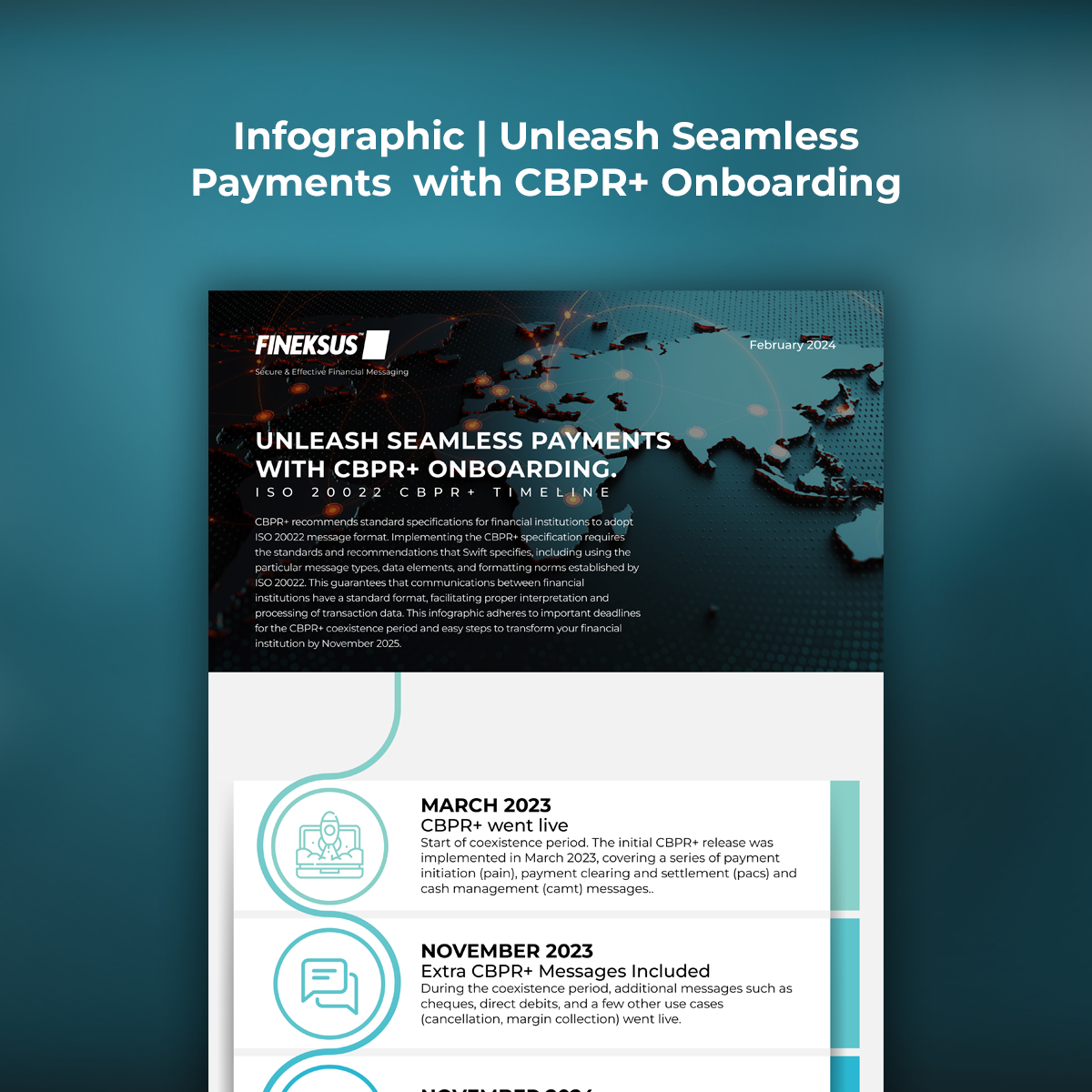
Anti-Money Laundering in Turkey
Due to its strategic location, Turkey is one of the countries that is vulnerable to Money laundering. Turkey has accomplished strict anti-money laundering (AML) laws and regulations in cooperation. These measures are in line with global standards and demonstrate the country’s determination to fight with financial crimes and protect the financial system.
What are the Core AML Laws in Turkey?
Turkey has a powerful legal system that helps with fighting terrorism financing and money laundering. Here are the examples of Anti-Money Laundering Laws in Turkey:
- Law No. 5549, which was enacted in 2006 and outlines the responsibilities of financial institutions, supervisors and reportable entities in detecting and avoiding money laundering. Law No. 5237 criminalizes various types of money laundering while Law No. 6493 covers payment services and e-money institutions and sets out their anti-money laundering obligations.
- Law No. 6362 covers capital markets activities and includes provisions for fighting money laundering in securities.
What is the AML Regulatory Authority in Turkey?
The Finance and Treasury Ministry has an important role in the coordination of anti-money laundering efforts. It supervises MASAK (the Financial Crimes Investigation Board), which is responsible for prevention and investigation of money laundering and terrorism financing. MASAK works under the direct control of the Ministry. MASAK also has the authority to develop policies, carry out research, and impose penalties when violations are detected.
Regulatory agencies such as the Banking Regulation and Supervision Agency (BDDK) and the Capital Markets Board (SPK) play a key role in monitoring financial institutions’ AML compliance in their sectors. They make sure banks, investment firms and other financial entities follow customer due diligence, transactions monitoring, and reporting obligations.
Turkey’s cooperation with international bodies, including FATF, UN, and EU, shows its commitment to global anti-money laundering efforts. Through mutual evaluations and adherence to international standards, Turkey strengthens its ability to fight money laundering effectively.
What is Turkey’s Money Laundering Exposure?
- Trade-Based Money Laundering (TBML): Turkey’s role as a major trading hub creates vulnerabilities to TBML, where illicit funds hide within legitimate trade transactions due to the complexity of international trade.
- Informal Financial Systems: Informal remittance networks and cash-intensive businesses can be exploited for money laundering, evading regulatory oversight outside the formal financial sector.
- Real Estate Sector: The allure of the real estate market for investment poses a risk, as high-value property transactions can be used to legitimize illicit funds.
- Corruption and Political Instability: Instances of corruption and political instability provide an environment conducive to money laundering, with corrupt officials and opaque financial dealings aiding in legitimizing illegal funds.
- Virtual Currencies and Online Transactions: The rising use of virtual currencies and online platforms offers opportunities for money laundering due to anonymity and complexity.
- Cross-Border Movements: Turkey’s proximity to conflict zones and regions with weak AML enforcement increases the risk of cross-border movement of illicit funds.
- Terrorist Financing: The potential for terrorist organizations to exploit Turkey’s position for financing is a concern, especially given its proximity to conflict zones and refugee flows, complicating tracking efforts.


